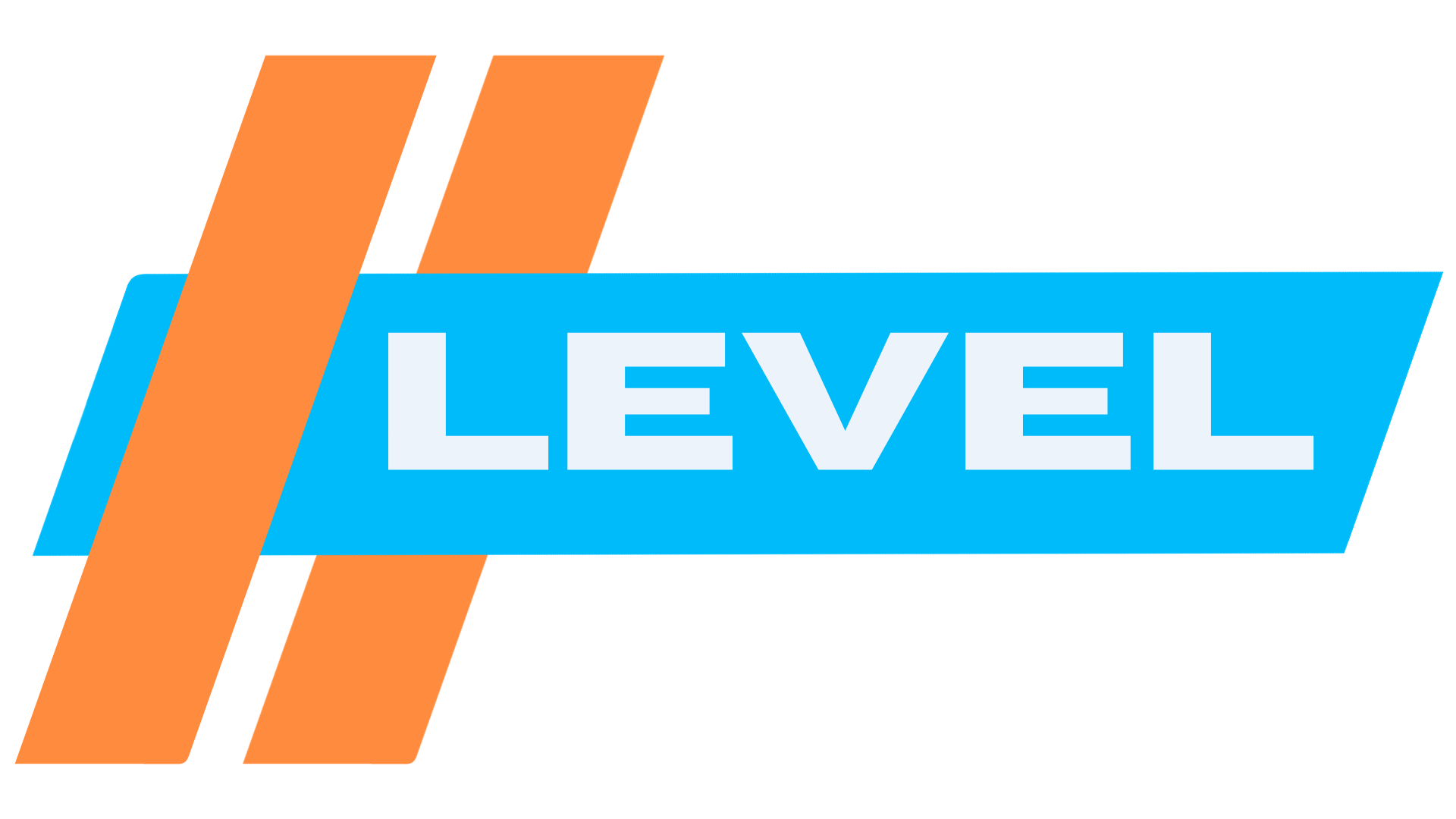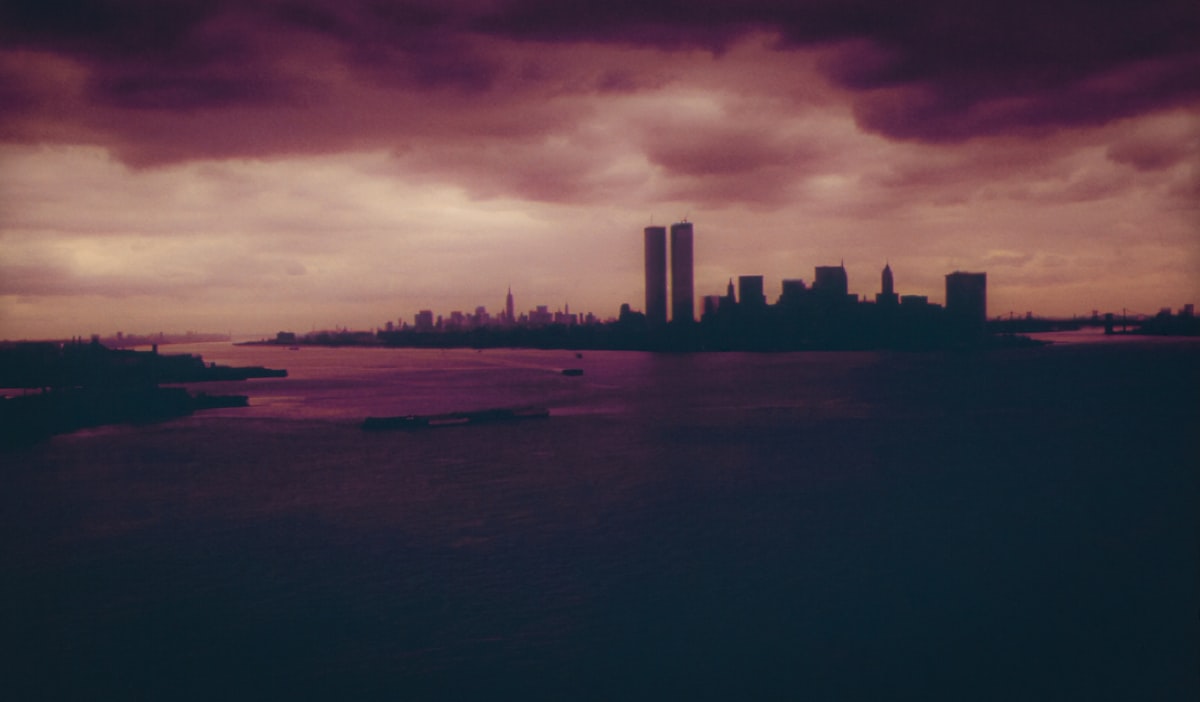"Where were you when the world stopped turning, on that September day?" - Alan Jackson
It's been 21 years. I don't know about you, but It feels like the only 9/11 emails I get anymore are either extremely patriotic, or extremely conspiratorial. Perhaps there are some other, less important, but still worthwhile things worth remembering about that day; I think so.
Here are the two lessons I've been pondering recently:
- Catastrophic risk is a difficult concept
- Having more information doesn't always equal more precise outcomes
In July 2001, just six weeks before the twin towers came down, a 99-year master lease for all the buildings was transferred to (bought by) a guy named Larry Silverstein. Presumably buried way down somewhere in the lease was a clause about taking out a "terrorism insurance" policy. Not so fast conspiracy theorist! Just like many others, I almost forgot about the bombing in the parking garage back in 1993, so it's not like this would've been a surprise addition on a contract worth billions.
Of course we know how the story ends. Eventually, Silverstein actually got a double payout of about 4.6 billion after effectively claiming there were in fact "two" separate attacks via the two planes. (although, not as much as the 12.7 billion that was asked for.. but that's a story for another day)
For me, personally, I've thought back to the WTC terrorism insurance debacle quite a bit over the past two years. For a while there, a large part of the contract reviews at our company Level On Demand were centered around language related to catastrophe, force majeure and other unlikely "acts of God or man" where the pandemic was concerned.
If I'm honest, insurance and contract clauses that address really, really bad things that may happen have always given me "pre-nup" vibes; the premonition or prophesy that the thing we are trying to avoid will actually happen now that we've addressed it. Silly right? But perhaps this day, among other things, is as good a reminder as any that seemingly impossible outcomes do happen occasionally, whether we can adequately conceptualize them or not. I'll try to get over the mental block and take the insurance on my car rentals from now on if you will!
Down the rabbit hole a bit further...
Having more information doesn't always equal more precise outcomes
9/11 was really the first major U.S tragedy to take place at a time when handheld video recording was becoming prevalent. That fact, along with the location being a highly populated area, meant that we ended up with more than just one or two videos of the event. In fact, there's a repository available to the public of presumably terabytes of video footage.
I've watched a good bit of this footage over the years. There's a certain uncomfortable nostalgia, not really schadenfreude, but something else, that I get. Probably the most jarring example is this one (I've timestamped the YT video, but it's viewer discretion, so you'll need to login to see it).
If you don't watch it, a man ends up taking video while standing in the plaza between the towers as both towers burn. The plaza had, only moments before, been filled with a bustling farmers market and other activities. It's deserted now, but someone forgot to turn off the ambient music playing on the outdoor speakers, so we watch on as Billy Joel's "She's Always a Woman" plays in the background.
Back to the point..
In the financial world, we value "perfect" or complete information. In my daily work, I'm always trying to find ways to bring more data about real estate transactions and properties into my decision-making.
By that☝️logic, you'd naturally think that having more video, audio and images related to that fateful day would've yielded much more "precise" and immediate answers around:
- Who attacked us, and why
- Why did the towers fall like that?
Instead, the whole thing seems to be shrouded in confusion and disagreement. Remember when JFK was shot? That one amateur video from the grassy knoll became the source of a range of "alternative theories". Does jet fuel melt steel beams? Well, I honestly didn't really care to know the answer until you showed me all that dang video footage! - You get my point. New information can just lead to more questions, to the detriment of an answer.
Not only does it seem like more information can make my understanding imprecise, but I wonder what affect it all has on "societal stability". National tragedies prior to 9/11 were explained by a handful of "cronkite-esque" men on the television, and we all unified around what was said. Nowadays, I sometimes wonder if we'll every see our nation agree on anything again.
That’s it for today. 🇺🇸 What have you learned or what has stuck with you from that day?

